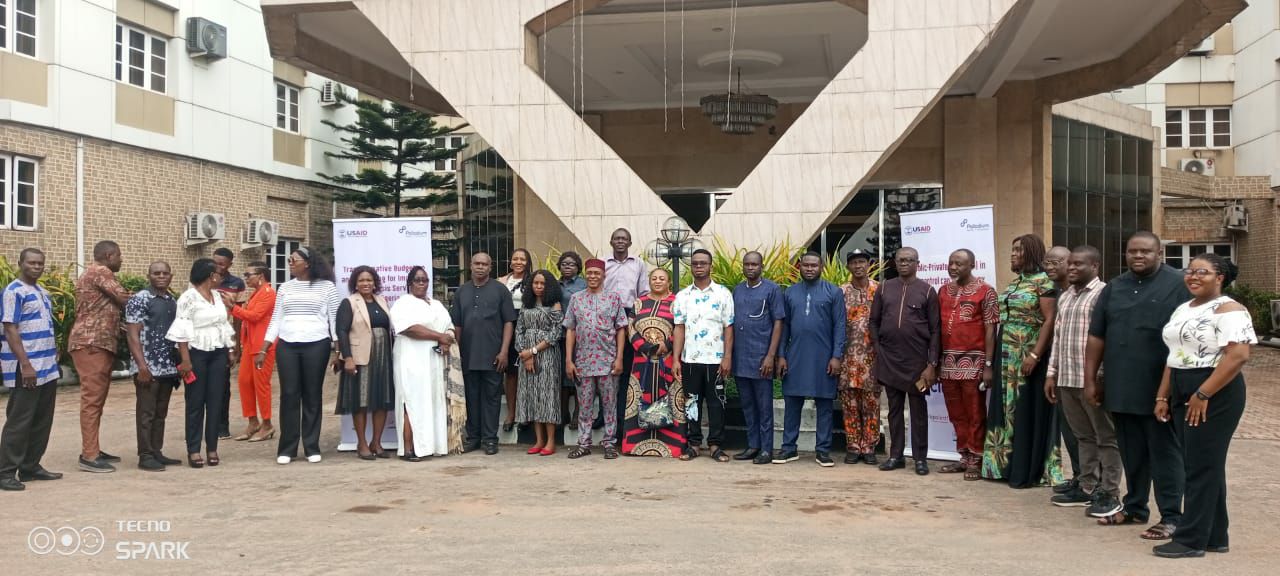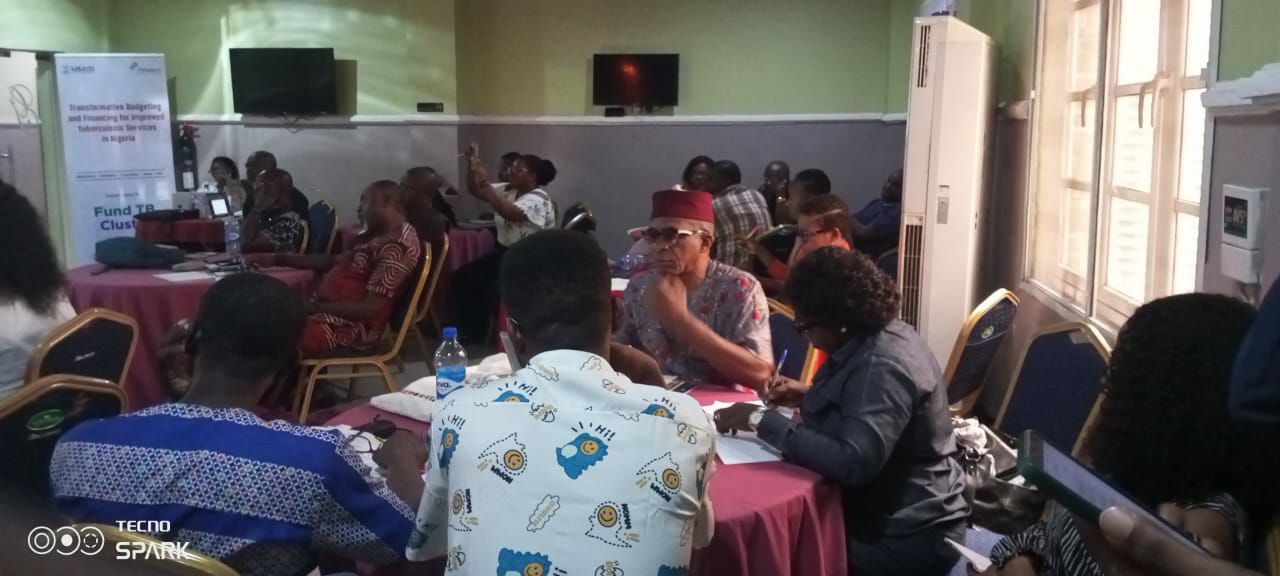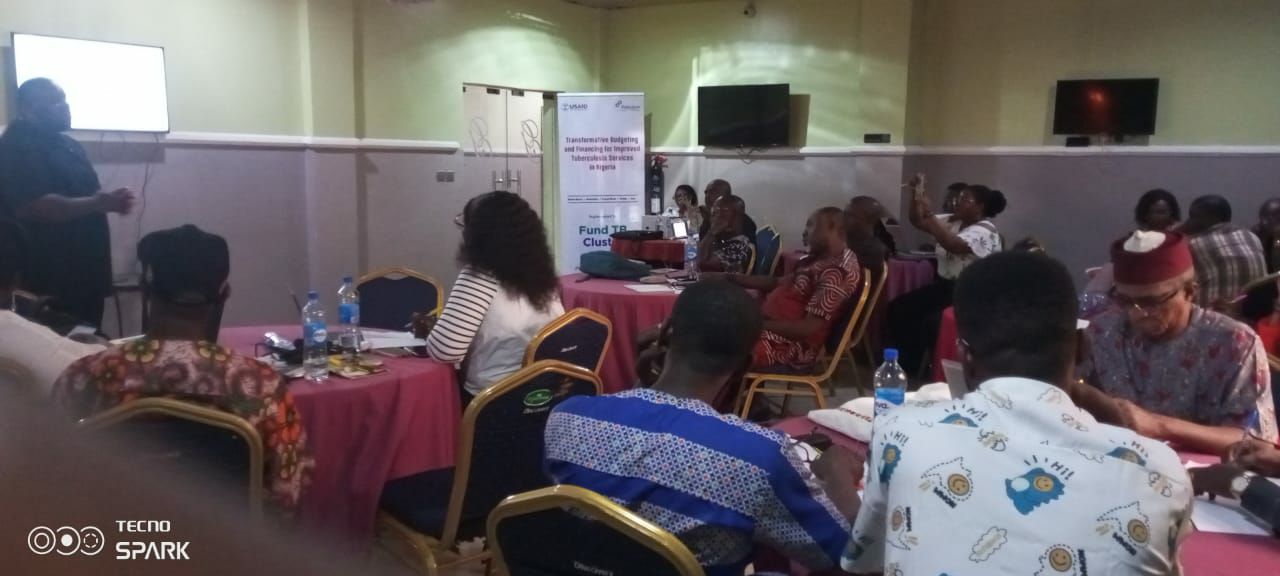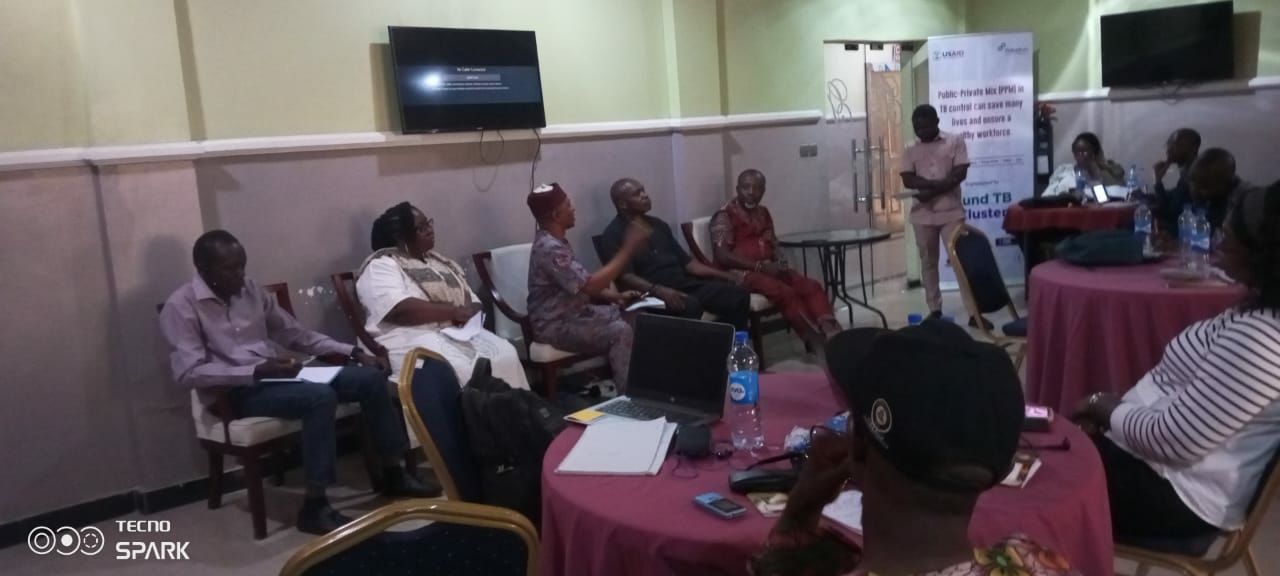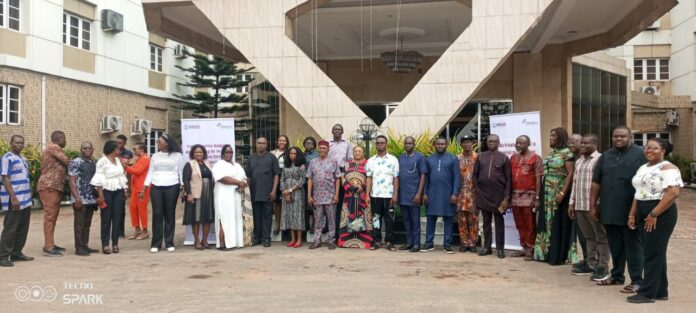The Fund TB Cluster, a coalition of five non-governmental organisations, has appealed to the federal and state governments to increase domestic funding for tuberculosis in view of the anticipated withdrawal by foreign partners.
Angel Network News gathered that the cluster made the call at a one-day technical budget session and memo writing workshop in Owerri, Imo State, for government officials, civil society advocates and media professionals from the five project states of Anambra, Akwa Ibom, Cross River, Delta, and Imo.
In an opening speech, Tijah Bolton-Akpan, the Executive Director of Policy Alert, the project anchor organization, who was represented by Koko Udo, explained that four out of the five project states have budget lines for tuberculosis while Akwa Ibom State doesn’t have a budget line.
“So, the advocacy in Akwa Ibom is to see a budget line created while in other four states, we want to see government increase the budgeted amounts and ensure that funds are released for programmes and activities.
According to him, Nigeria domestically funds TB at 6 percent while donors are responsible for 34 percent leaving a wide funding gap of 70 percent.
“Our goal at the Fund TB Cluster is to end tuberculosis first in the focal states and in the entire country. Nigeria must bridge the 70 percent funding gap and also prepare for the eventual exit of foreign partners. There is a compelling need for the private sector to partner with government to achieve this goal.
Giving the overview of the project entitled, “Transformative Budgeting and Financing for Improved Tuberculosis Services in Nigeria,” Edidiong Dickson, Program Officer, Policy Alert, explained that it is targeted at improving public accountability, transparency, and sustainable service delivery in Nigeria.
“The strategic objective is to strengthen the financial, management, and advocacy capacity of local civil society organizations to create a more accountable, transparent, peaceful, and democratic Nigeria with more effective and efficient public service delivery”.
“Fund TB cluster believes that enhanced and sustainable service delivery for TB interventions will be achieved through adequate public and private sector investments in the five project states”.
In a presentation on current policy and budgetary environment for tb and policy alternatives, an investigative journalist, Ekemini Simon, decried the statistics indicating that Nigeria is the 6th country with the largest TB burden in the world.
“Nigeria is also the first in TB burden in Africa with case notification of 285, 561 in 2022 and over 300,000 in 2023, according to the Minister for Health.
“In 2022, 97,900 equating to one person dying from TB every five minutes, even when the disease is curable and preventable.
According to him, analysis of the federal budget and those of the five project states shows that they have not demonstrated adequate interest in the health sector particularly in their tuberculosis programs.
In another presentation on “crafting a compelling and effective memo
to facilitate budgeted tb fund release”, the facilitator, Nnennaya Enyinna-Eneremadu, explained that a compelling memo increases the likelihood of getting budgeted funds released.
She named the key elements of a memo to include: clear purpose, concise content, audience awareness, and strong opening. “You must understand the audience and write in a tone and style that resonates with them with a strong opening statement that captures attention and provide necessary background for context”.
In a goodwill message delivered on behalf of the cluster members, Eucharia Anekwe, the Executive Director of Gender Perspective and Social Development Centre, GPSDC, stressed the need to utilize the relationship with the private sector to get more support for tuberculosis response in all the states of the federation.
In an address of welcome, Pius Okaneme, the Program Manager for the Initiative for the Prevention and Control of Diseases, IPCD, believed that the project would achieve its purpose if all stakeholders work together not only to increase budgetary provision for the TB response but also ensure timely releases for smooth implementation of programmes.
The event featured a panel discussion as well as question and answer session which afforded participants the opportunity to seek further clarifications about the Fund TB Project.
